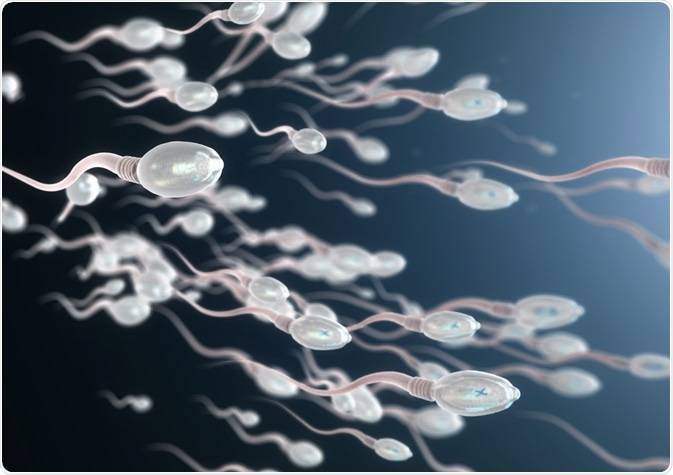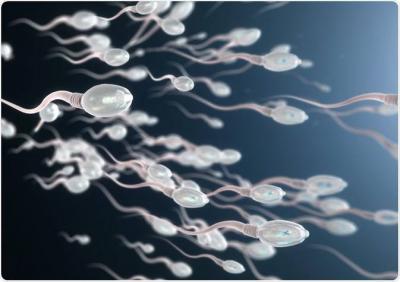American researchers have unveiled trials of a new treatment for male infertility that may arise after prostate surgery. In a research paper published on Monday in the journal "GCI Insight," the researchers stated that men undergoing surgery for prostate cancer might not have to live with sexual dysfunction after the surgery, thanks to this new treatment.
According to the researchers, the treatment, developed at the Albert Einstein College of Medicine in New York City, involves the surgical implantation of a topical drug that rejuvenates and restores nerve function in the male reproductive organs that are damaged following prostate removal.
When applied directly to the nerves immediately after injury sustained during surgery, the drug significantly improved the genital function in mice within three to four weeks. Dr. David G. Sharp noted that the trials are still in early stages and being conducted on mice, and it is essential to conduct further research on humans. It is expected that human trials will take about five years before the drug becomes available for use.
During the trials, the researchers applied the therapeutic gel to the genital nerves of the mice immediately after they sustained damage from prostatectomy, and within three weeks post-treatment, the treated mice began gradually regaining their reproductive organ functions.
According to the researchers, if the drug proves safe and effective in human clinical trials, a chip containing a portion of the drug could be implanted in the area surrounding the cavernous nerves before, during, or after prostate surgery, as reported by the "UPI" website.




